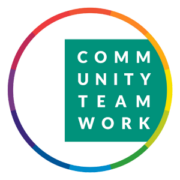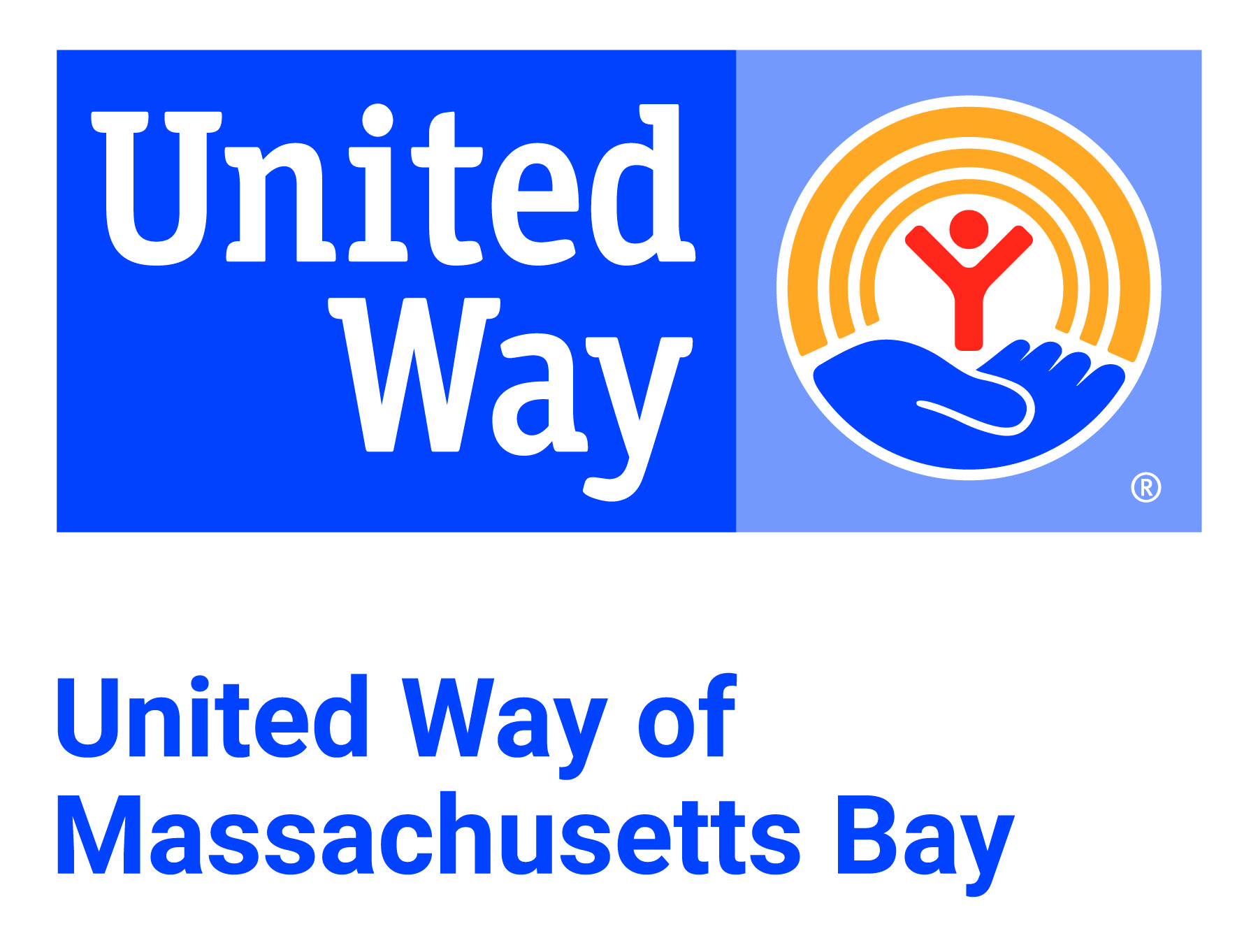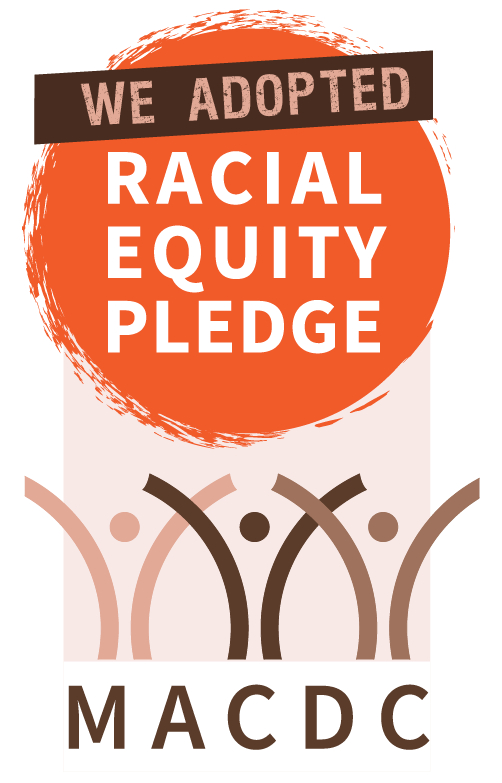LOWELL — In at least three Greater Lowell communities, more than half of renters are what the U.S. Department of Housing and Urban Development considers rent-burdened, meaning they spend 30% or more of their household income on rent.
By ALANA MELANSON | amelanson@lowellsun.com | Lowell Sun PUBLISHED: June 21, 2021 at 5:42 p.m. | UPDATED: June 21, 2021 at 5:43 p.m.
View full article with graphs on the Lowell Sun CTI Community Needs Assessment underscores need for affordable housing in Greater Lowell
or on our website https://bit.ly/3x0FDXC
In Lowell, it’s 55% of renters, in Tewksbury 53% and in Dracut 51%. Chelmsford and Billerica aren’t that far behind, at 45% and 43%, respectively.
The median gross rent for a two-bedroom apartment is highest in Westford at $1,940 and lowest in Tyngsboro at $1,115, but good luck finding an available apartment in a town with an effective 0% rental vacancy rate.
Since 2010, the rental vacancy rate across the region has dropped significantly, even with modest increases in total rental housing stock in communities like Billerica, Lowell and Westford, showing the demand far has outpaced the growth.
Even in Lowell — which has the greatest ratio of rentals at 58% of total housing units — the vacancy rate is only 5%. Every other Greater Lowell community is well below the state average of 38% of housing units occupied by renters, with most ranging about half that amount or less, creating a rental scarcity across the region.
These were among the findings of Community Teamwork Inc.’s 2021 Community Needs Assessment, underscoring the region’s need for more affordable housing.
“People need it, and the community does not have enough of it,” said CTI Director of Planning and Quality Improvement Ann Sirois.
CTI conducts a community needs assessment every three years as part of its strategic planning process.
“We do a whole host of things, but a big piece of it is really sitting down and trying to gather data directly from the community to try to find out what it is that everyone around here says that they need and what they think their neighbors need,” Sirois said.
She said CTI received nearly 1,500 responses directly from community members, interviewed 19 key informants from 17 organizations, conducted 18 focus groups with 133 different people and used publicly available data from a number of state and federal agencies.
The data collection began in fall 2019 and was wrapping up in early spring 2020 just before the coronavirus pandemic hit, Sirois said. With so much changing over the course of 2020 due to the pandemic — including a huge jump in the unemployment rate from 3.5% to 20% — as well as the national conversation on racism, these factors necessitated additional analysis of the impact of both on poverty that was also included in the report, she said.
Sirois said it wasn’t a surprise that there is a housing crisis in Massachusetts and the region, and talking to community members helped to determine what they need in order to get appropriate housing: better-paying jobs, education and training to obtain and sustain those jobs, affordable child care, medical and behavioral health care and transportation.
With so many people in the area dedicating large shares of their incomes to housing costs, it means many were at risk of a minor emergency jeopardizing their ability to pay their rent, and homelessness as a result — even before the pandemic, she said.
“Then, of course, we saw COVID hit, which was an extremely huge emergency,” Sirois said.
The lack of affordable housing has been an issue across the state. Several weeks ago Gov. Charlie Baker signed “An Act Financing the Production and Preservation of Housing for Low and Moderate Income Residents” to ensure long-term support for the Baker administration’s efforts to increase the production of affordable housing, diversify the state’s housing portfolio, modernize public housing, preserve the affordability of existing housing and invest in new, innovative solutions to address Massachusetts’ rising demand for housing.
The region’s aging housing stock and quality is also problematic, especially for families with young children, Sirois said. All units built before 1979 must be deleaded to house children age 6 and below and many owners don’t take on the costly process, often preventing families from renting available units. This problem is most prevalent in Lowell, one of the region’s more affordable communities, where 82% of units were built before 1980.
“In virtually every area, Lowell has the most significant needs,” Sirois said.
CTI Director of Development and Marketing Kathleen Plath said it’s particularly difficult to create affordable housing in Lowell because it’s not advantageous for developers unless the project is of a significant size, like 40 units. She said more attention needs to be given to assisting smaller developers and multifamily building owners to improve the quality of the overall housing stock.
CEO Karen Frederick said CTI often hears of many young people who graduate from UMass Lowell and Middlesex Community College and can’t afford to live in the region because the cost of rent is so high.
“We want to make sure there’s housing for everybody — for people starting off their careers, for seniors,” she said. “Affordable housing for seniors is critical as baby boomers continue to age into retirement, and for families, where there’s already been a critical shortage.”
While the assessment covers many diverse needs, Sirois and Frederick said one of the areas they were surprised to see consistently pop up in conversations was the need for more after-school and summer programming for older children — and this was before the child-care crisis that resulted from pandemic-related shutdowns, Plath said.
As communities start to look at how to best use their federal American Rescue Plan funding, the Community Needs Assessment can offer ideas of where to direct that money and address those needs, Plath said. She said CTI will engage with its partner organizations, municipal governments and school districts to share the results and encourage investment in the areas of highest need.
Frederick said CTI hopes people and institutions will take a look at the information in the assessment and that it will be “well used.”
“I have always believed in the power of the collective work, and if we work on things together, we’ll make progress,” she said.
One such organization that has already put CTI’s Community Needs Assessment findings into action is the Greater Lowell Community Foundation.
President and CEO Jay Linnehan said he used the previous assessment to help direct philanthropy within the foundation, and he will do the same with the new set of information as well, including a funders’ meeting focused on combatting youth food insecurity this week.
He said the pandemic in particular really brought to light how many people in the area are living “close to the edge” and their critical needs that must be met.
“The thing that a community foundation is all about is being boots-on-the-ground philanthropy in the community that you serve, and so it’s really important from my perspective to understand the needs of the community, and that needs assessment does that,” Linnehan said. housing
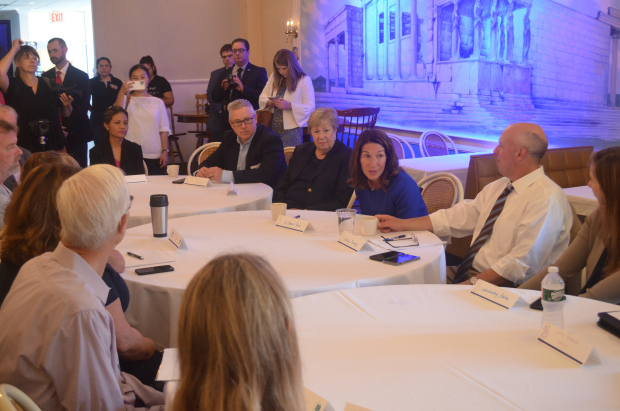
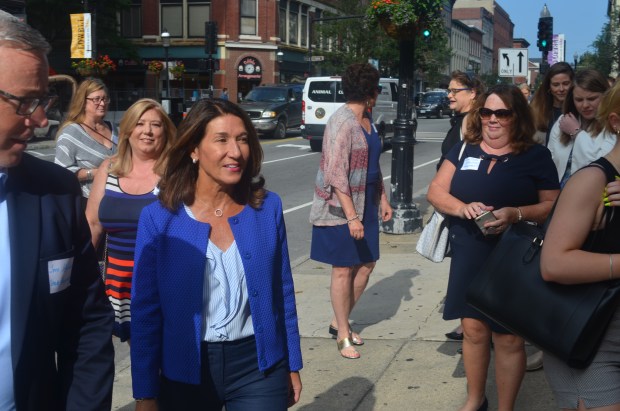
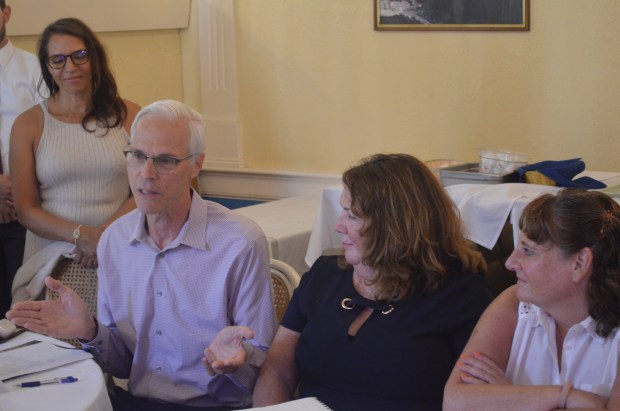
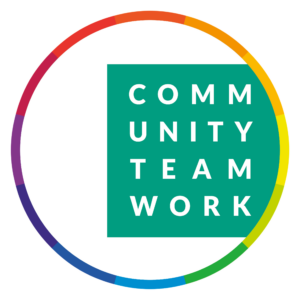
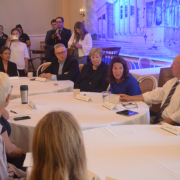
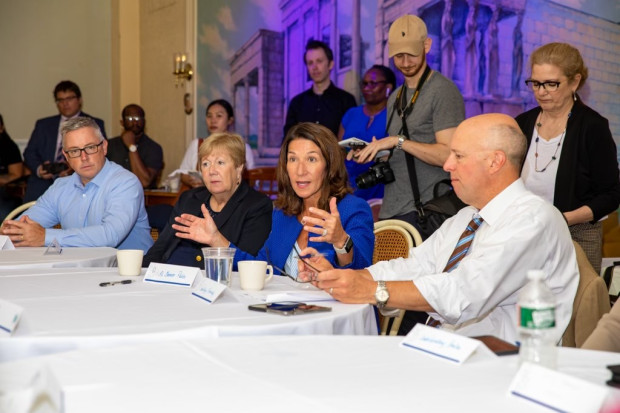


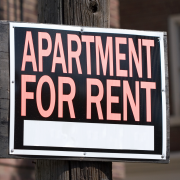
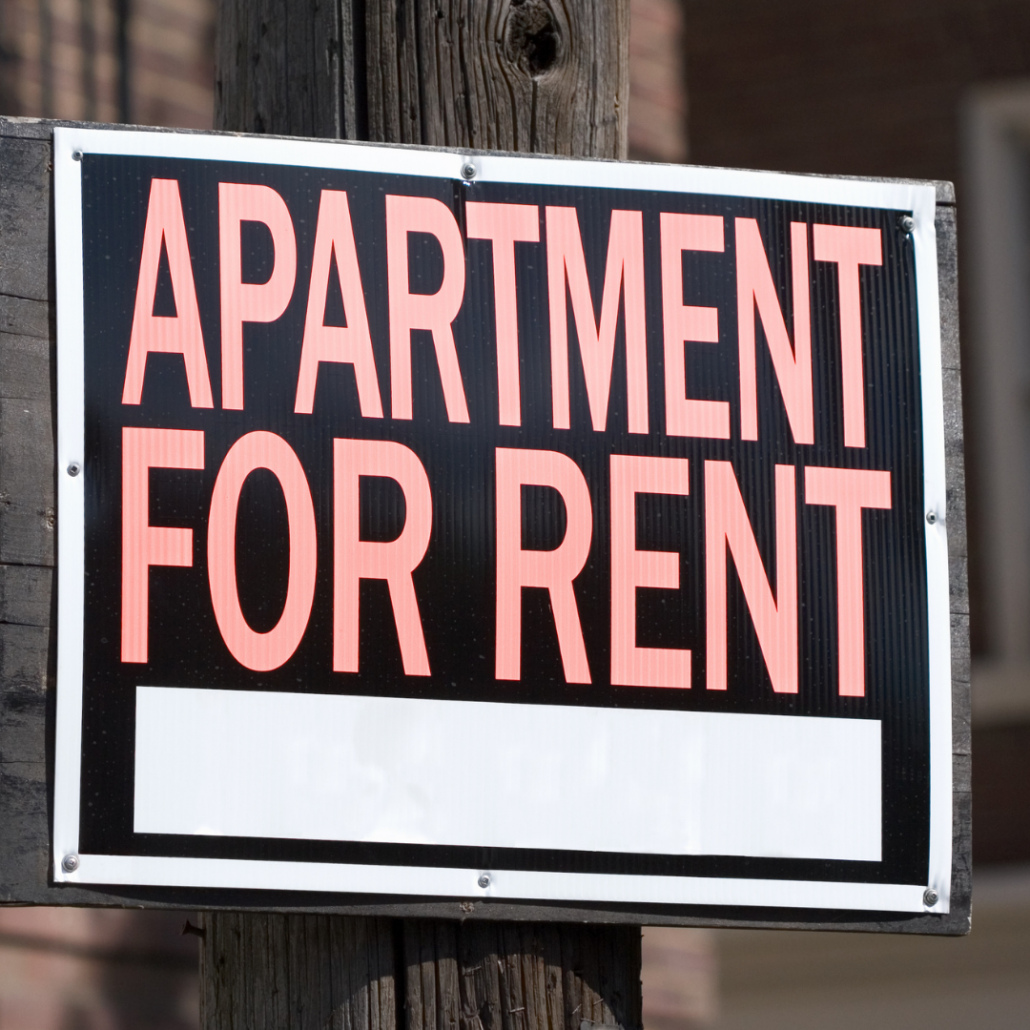
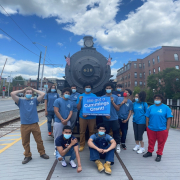
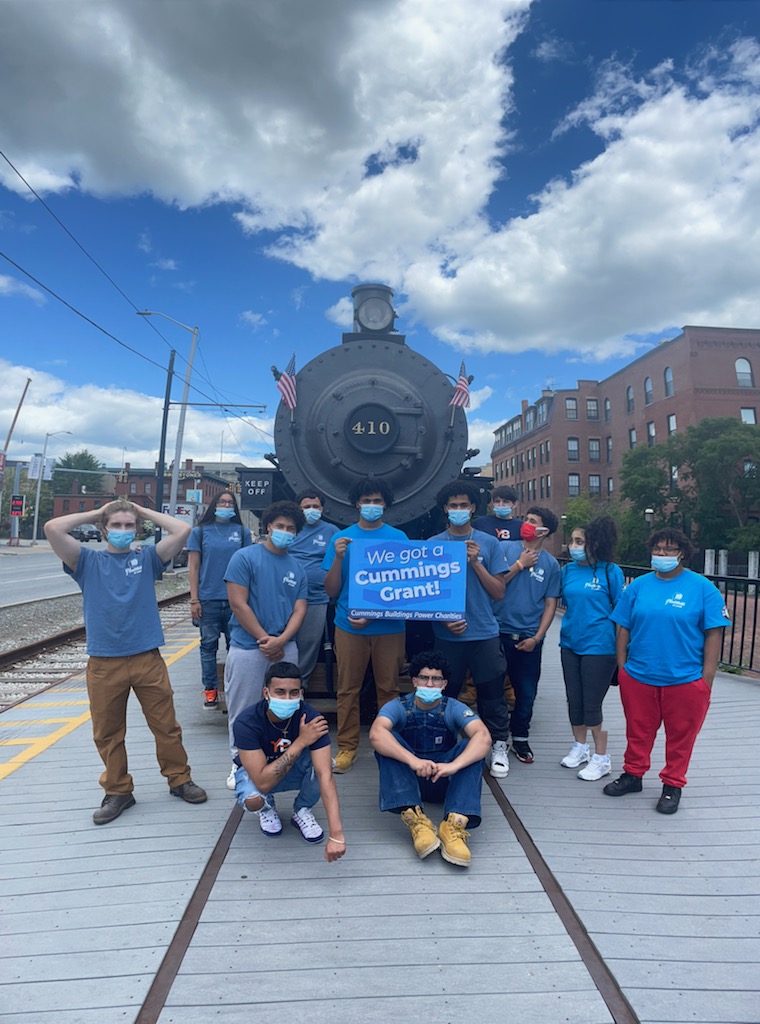
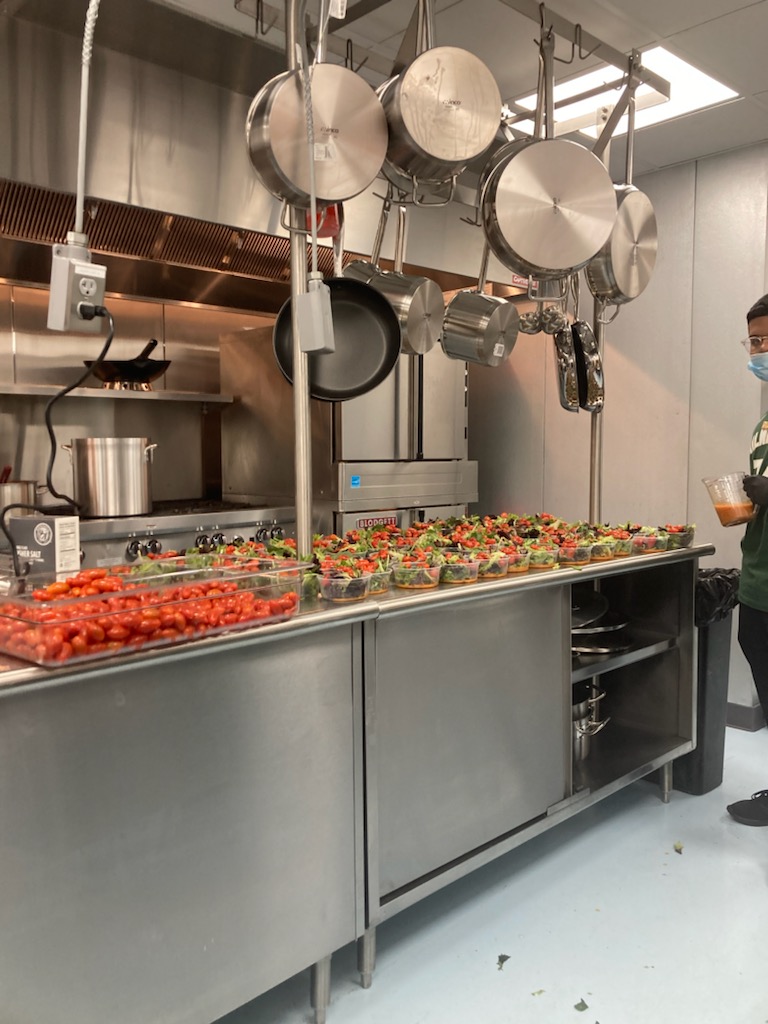
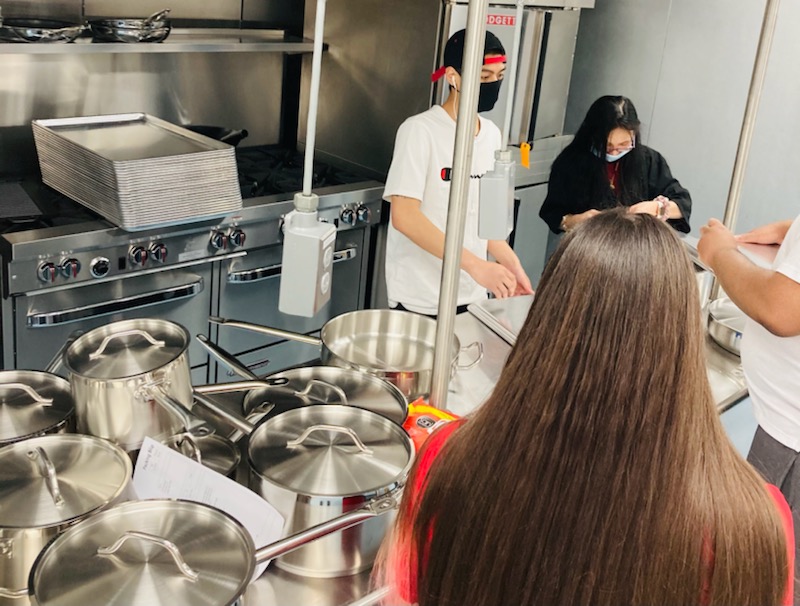


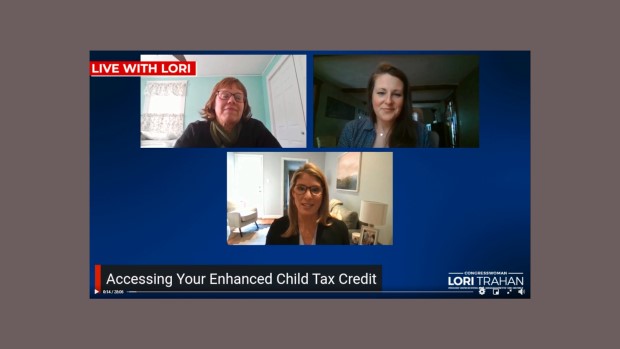




 Lowell» Community Teamwork is pleased to announce that Barbara Warren has been promoted to the position of Division Director of Housing and Homeless Services.
Lowell» Community Teamwork is pleased to announce that Barbara Warren has been promoted to the position of Division Director of Housing and Homeless Services.